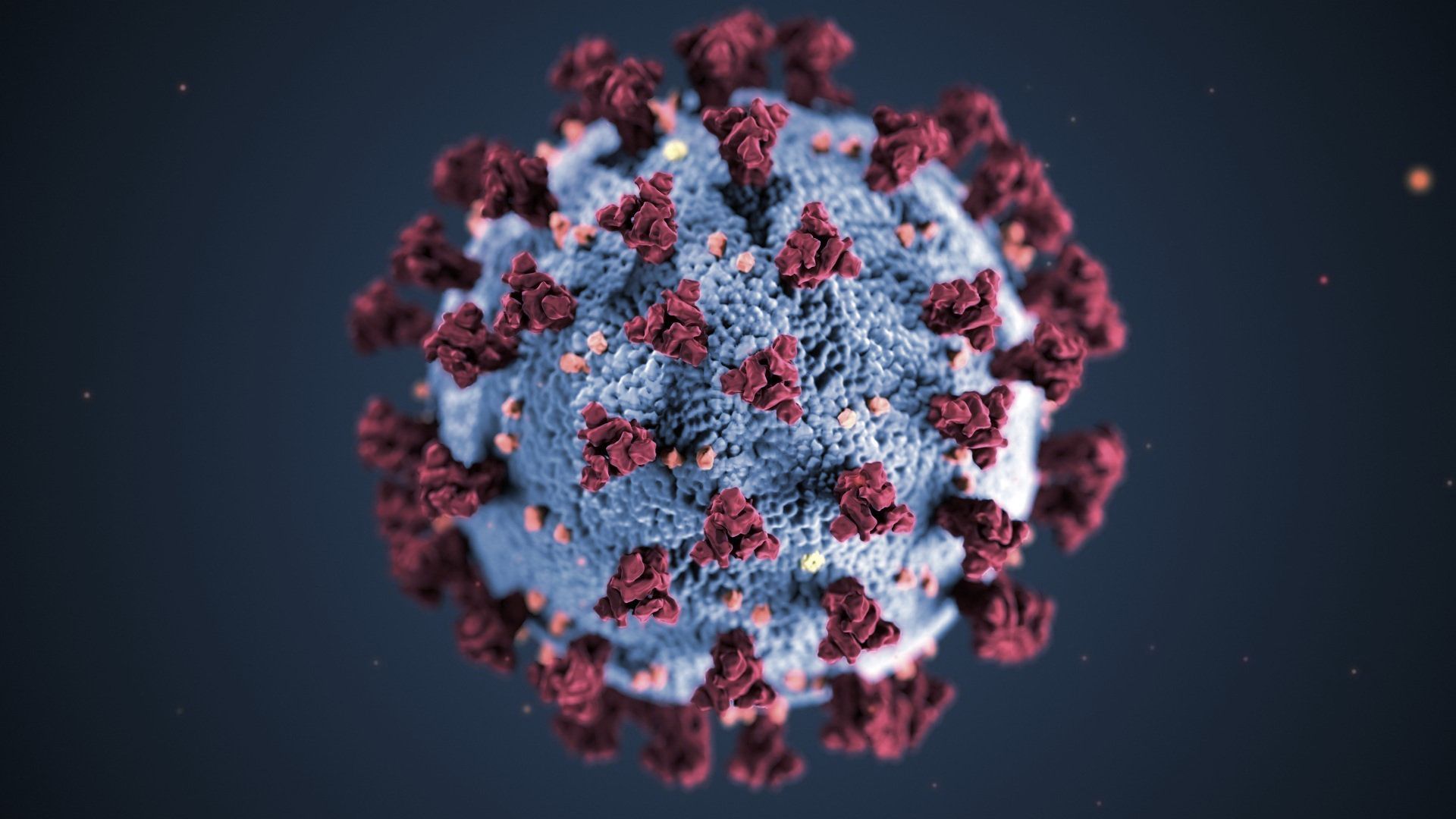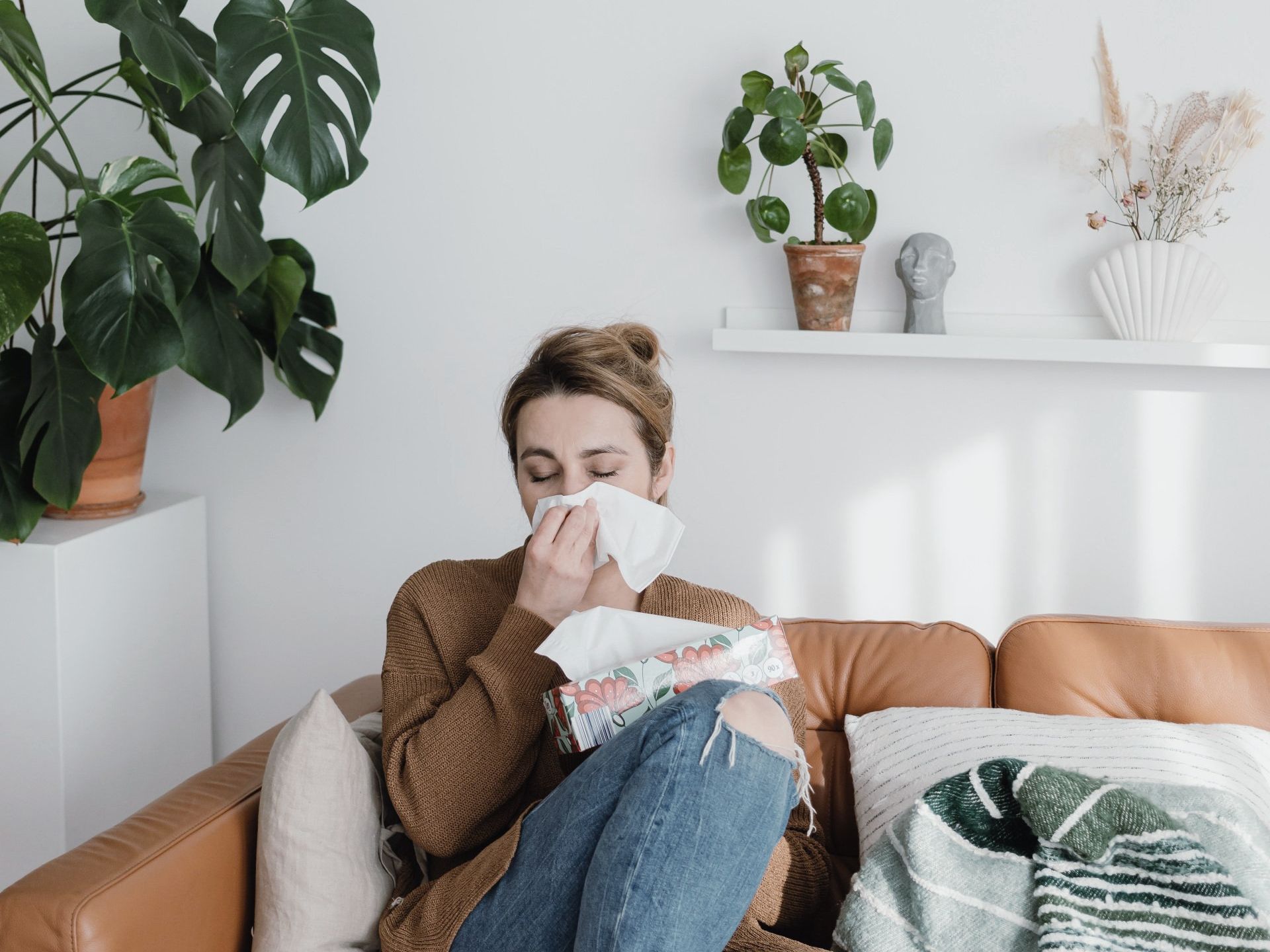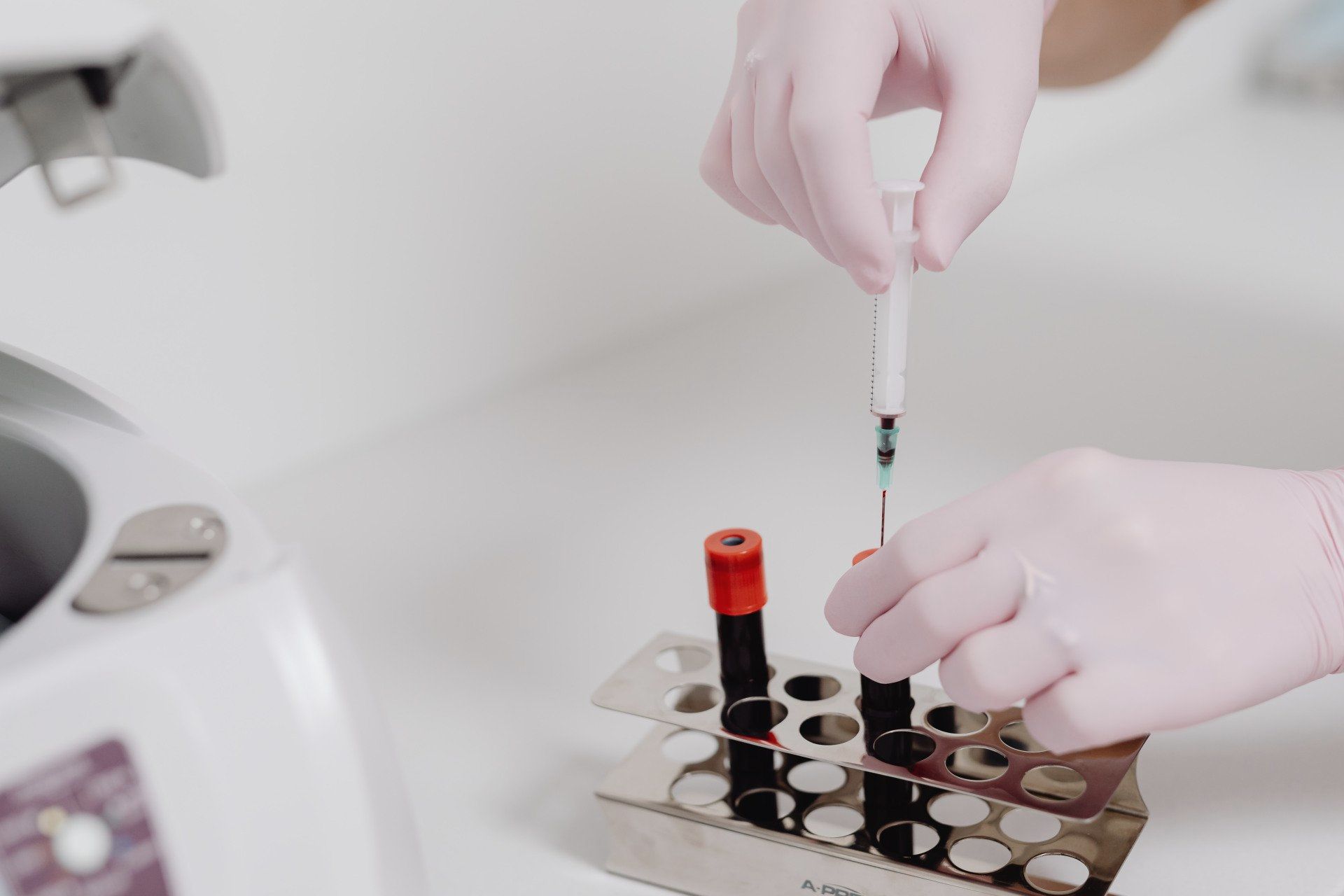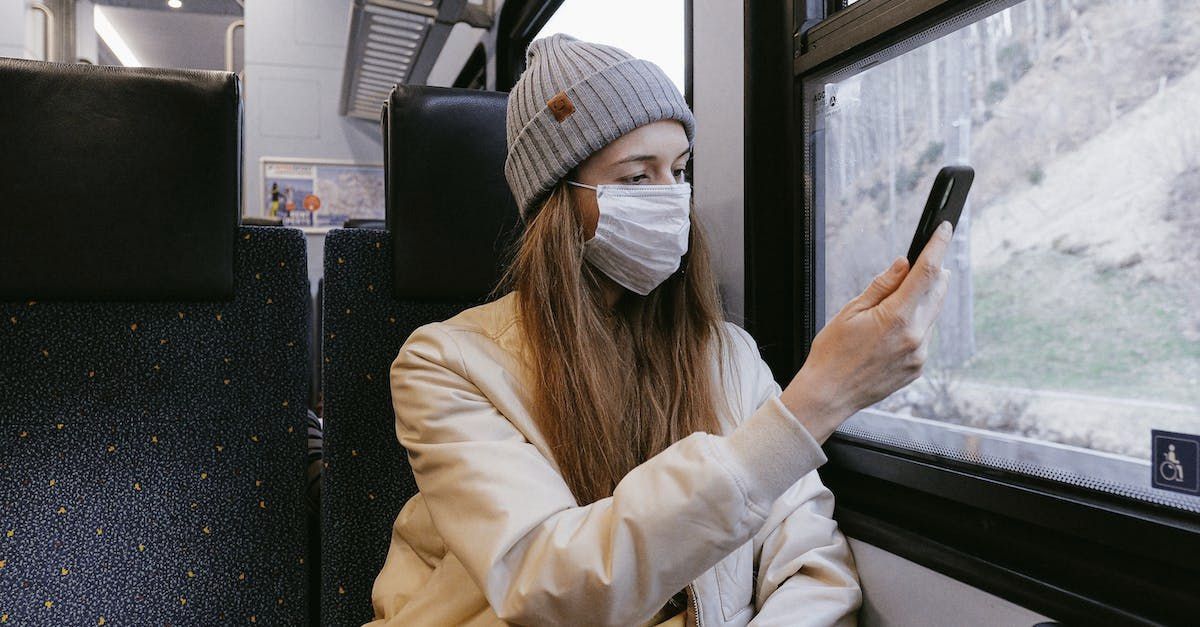Know your Symptoms: Coughing with Hay Fever

Hay fever is a frequent allergic reaction that happens during specific periods of the year. Also called seasonal rhinitis, it is a reaction to pollen from grass, trees, and weeds in the early spring and summer and can affect anyone. Keep reading to learn how to treat coughing with hay fever.
Hay fever is most severe between late March and September, especially in warm, humid, and windy conditions. The pollen count is usually at its maximum during this time.
What triggers coughing with hay fever?
Hay fever is brought on by the body when it produces allergy antibodies (IgE) in response to so-called allergens such as house dust mites, pollen or moulds.
The most frequent allergen, grass pollen, is prevalent from May to July. However, tree and weed pollens, which are abundant from June to September, can also result in hay fever. The symptoms of perennial hay fever are year-round and typically linked to indoor allergens like dust mites; animals, particularly birds; or moulds.
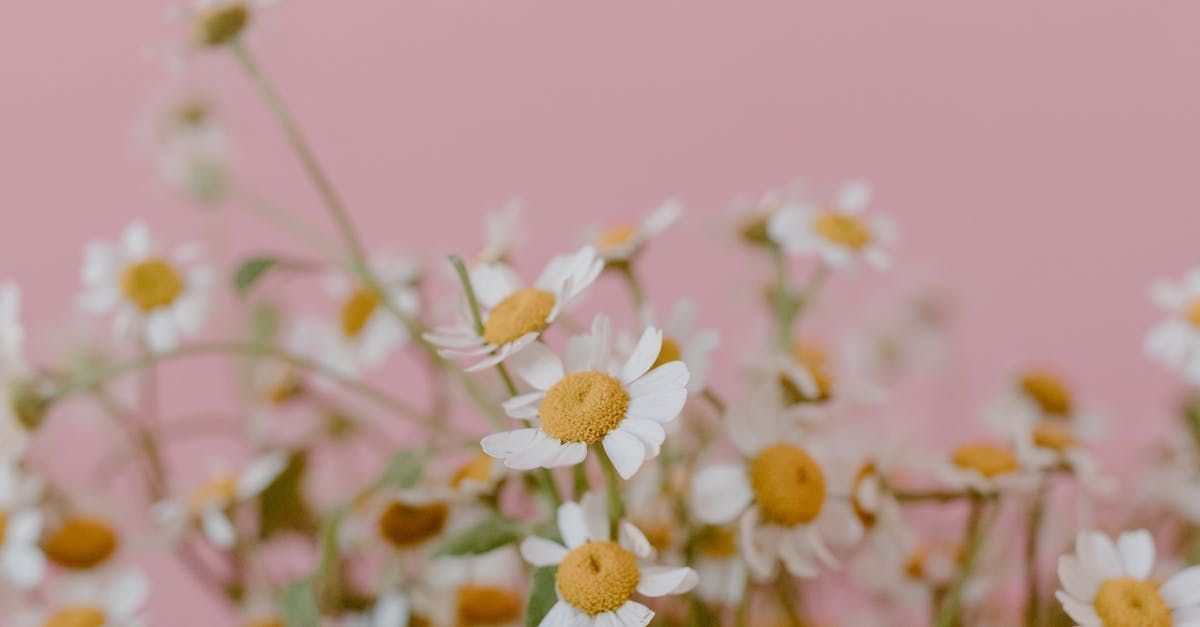
How long do symptoms of hay fever last?
Hay fever comes with various symptoms. These include:
- Coughing and sneezing
- A stuffy or runny nose
- Watery, red, or itching eyes
- Scratchy ears, nose, mouth, and throat
- Being unable to smell
- Aches and pains in your forehead and temples
- Headache
- Earache
- Feeling worn out
If you are asthmatic, you may also experience:
- Tightness in your chest
- Breathing problems
- Coughing and wheezing
In contrast to a cold, which typically goes away within 1 to 2 weeks, hay fever will continue for weeks or months.
What is the best cure for coughing with hay fever?
Desensitisation, also known as immunotherapy, is a special method of treating allergic conditions. For instance, when someone has experienced a severe allergic response to wasp or bee venom, or when they have severe hay fever that hasn’t been previously managed by any anti-allergy medicine, immunotherapy treatment is usually the best option.
Typically, patients undergoing immunotherapy get progressively higher dosages of allergen extracts over time through injection or drops/tablets placed under their tongue (sublingual). Desensitisation to food allergens is a medical procedure that tries to lessen responsiveness to the allergen. It is generally only offered privately, but newer methods of administration, like a skin patch worn and then changed, may be made available in the future. These approaches to food immunotherapy are relatively new and not widely used. Nevertheless, they provide some hope for people who are susceptible to life-threatening food allergies.

Taking medicine
The most popular type of allergy medication is undoubtedly antihistamines, which can usually be purchased from a pharmacy without a prescription. Antihistamines come in a variety of forms; some have been in use for a long time, some are upgrades to older medications, and new antihistamines are always being created.
Modern antihistamines only seldom cause drowsiness, despite the fact that they used to be known for that side effect. For mild hay fever symptoms, these can be taken on their own, or they can be combined with an intranasal steroid spray for mild to severe symptoms.
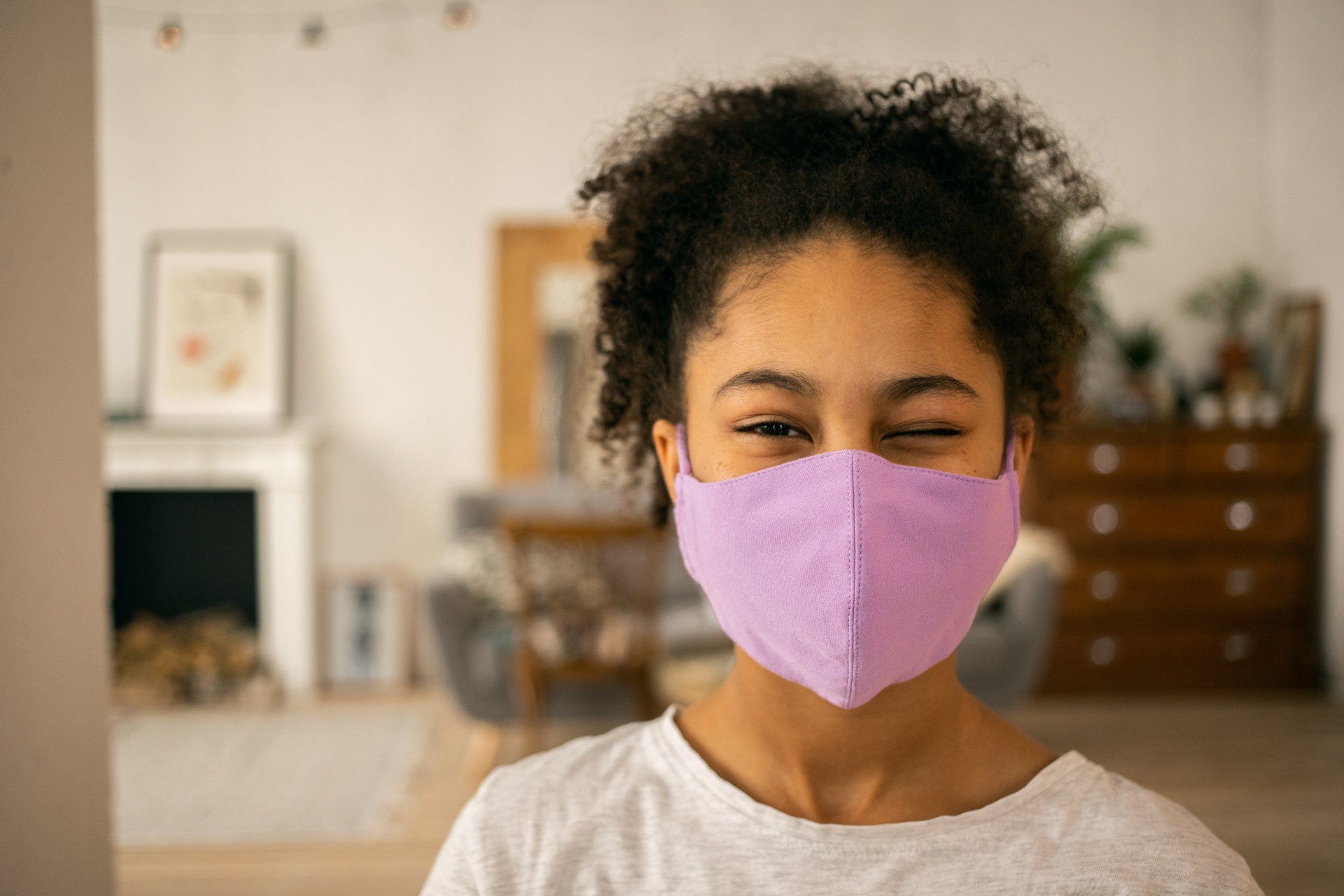
How do I know if I have coronavirus or hay fever?
Coronavirus is mostly characterised by high temperature, a sudden, persistent cough, or a loss of taste or smell. Additionally, people may feel quite ill.
Although hay fever and coronavirus symptoms can coexist, hay fever sufferers typically don’t feel sick and don’t experience a high temperature.
The symptoms of hay fever and allergies, such as itchy eyes, sneezing, and coughing, are typically less severe. As the pollen count fluctuates during the day or according to the climate, symptoms may change. In most cases, nasal sprays or antihistamines can also control them.
You need to isolate yourself if you get a new persistent cough, have a fever, or lose your sense of smell or taste because these could be symptoms of coronavirus. With paracetamol and lots of hydration, the majority of people can control their symptoms at home. However, you should contact NHS 111 if your symptoms worsen.
Most importantly, if you suspect you have coronavirus, avoid going straight to your doctor’s office, pharmacy, or hospital. Always start with a phone call to 111.
You can get a consultation and purchase over-the-counter medications online with us, whenever you need them. If the usual methods aren’t working and your symptoms are getting in the way of your daily life, we even offer a hay fever injection for long-term protection!
Consult with us today for advice and treatment to suit you!
Recent Posts

CONTACTS
Fusion Pharmacy
109 Barkby Road,
Thurmaston, Leicester,
Leicestershire, LE4 9LG
Tel:
0116 367 7280
Email:
info@fusion-pharmacy.co.uk
Web: fusion-pharmacy.co.uk
Pharmacist:
Sarfraz Patel
Pharmacy Reg No: 9010891
COMPANY
Company Name:
ZS Pharma Limited
Company Registration Number:
10834912
Registered Office:
109 Barkby Road,
Thurmaston, Leicester,
Leicestershire, LE4 9LG
QUICK LINKS
Speak to our Travel Clinic experts about trips for Hajj and Umrah. We're a government accredited Yellow Fever Centre.
Hello! I'm Fuschia.
Please select your preferred chat, and let me know how I can assist you today.
© Copyright
| Pulse




